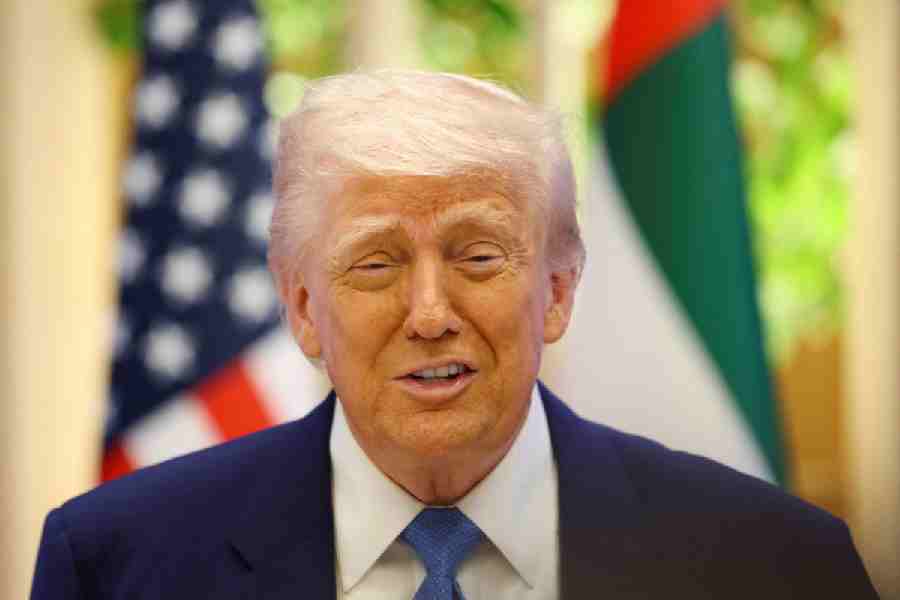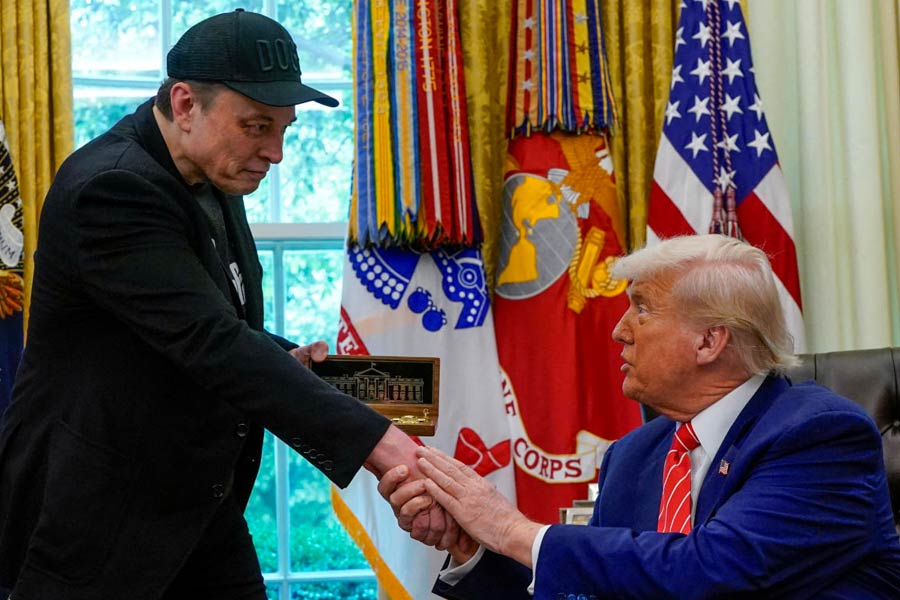The US state department reiterated President Donald Trump’s willingness to engage on the Kashmir dispute, stating that "each step that he takes is made to solve generational differences between countries."
Trump had expressed his interest in addressing the Kashmir issue after claiming to have facilitated a ceasefire between India and Pakistan after one of their most intense military standoffs in recent decades.
Praising both nations for maintaining peace, he had said, “I will work with both of you to see if, after a ‘thousand years’, a solution can be arrived at concerning Kashmir.”
The latest development comes after the visit of an Indian all-party parliamentary delegation to Washington last week. The delegation, led by Congress MP Shashi Tharoor, met with US deputy state secretary Christopher Landau.
The Indian delegation’s visit followed Operation Sindoor, launched by India in response to the April 22 Pahalgam terror attack that killed 26 people, as part of its broader diplomatic outreach.
At a press briefing on Tuesday, state department spokesperson Tammy Bruce stated, “Landau reaffirmed the US' strong support to India in the fight against terrorism and the strategic partnership between the two countries.”
When asked about Trump’s past offer to mediate on Kashmir, Bruce responded, “Well, I – obviously, I can’t speak to what’s on the mind or the plans of the President. What I do know is that I think we all recognise that President Trump in each step that he takes, it’s made to solve generational differences between countries, generational war.”
She added, “So, while I can’t speak to his plans, the world knows his nature, and I can’t speak to any details of what he might have in that regard… But it is an exciting time that if we can get to a point in that particular conflict…” calling it a “very interesting time.”
Bruce also confirmed that a Pakistani delegation, led by Bilawal Bhutto Zardari, held talks with state department officials, including under secretary for political affairs Allison Hooker.
“Hooker reiterated the US support for the ongoing cessation of on-ground hostilities – as you might imagine, thank God – between India and Pakistan,” she said. Discussions also covered counterterrorism and the broader US-Pakistan relationship.
When asked whether Pakistan had given any commitment on taking action against terrorists, Bruce declined to share details.
Earlier on May 11, days after Operation Sindoor, Congress general secretary Jairam Ramesh, in a series of tweets, asked whether the Indian government had abandoned the Simla Agreement and whether it had now opened the door to third-party mediation in resolving the Kashmir dispute.
“The Indian National Congress demands answers from the government regarding these developments. The Prime Minister must come forward and provide clarity,” Ramesh said, pointing out that these issues needed direct answers from the government.
The Simla Agreement, signed by former Prime Minister Indira Gandhi and Zulfikar Ali Bhutto in 1972, in the aftermath of the Indo-Pak war, outlines key principles meant to guide peaceful bilateral relations and resolve disputes through dialogue.
India continues to reject any foreign mediation on Kashmir, maintaining that Jammu and Kashmir and Ladakh are and will always remain an "integral" part of the country.
Congress leader Rahul Gandhi accused Prime Minister Narendra Modi of “surrendering” to former US President Donald Trump and agreeing to a ceasefire with Pakistan under pressure.
“I know the BJP-RSS people very well. Apply a little pressure on them and they get scared. Jaise udhar se Trump ne ek ishaara kiya, phone uthaya, kaha Modi ji kya kar rahe ho? (Trump picked the phone and asked Modi what he was up to? Narendar… surrender,” Rahul said addressing Congress workers at Bhopal. “Aur, ji hazoor karke, Narendra Modi ji ne Trump ke ishaare ka paalan kiya. (Saying yes sir, Narendra Modi acted on the instructions of Trump).”
Contrasting Modi with former PM Indira Gandhi, Rahul said she stood firm during the 1971 war despite the US sending its Seventh Fleet. “She said, I will do what I have to do. That’s the difference.”












